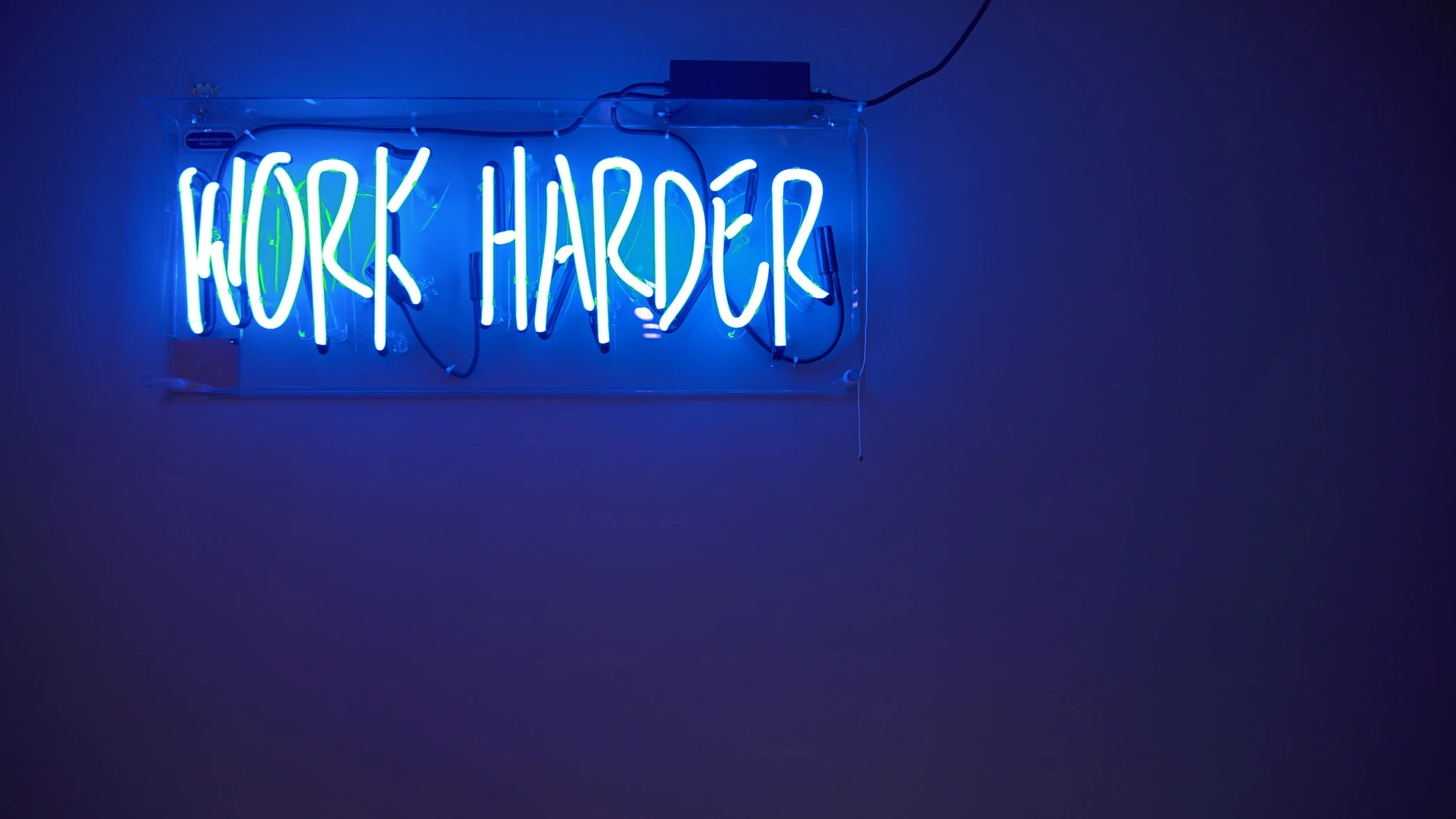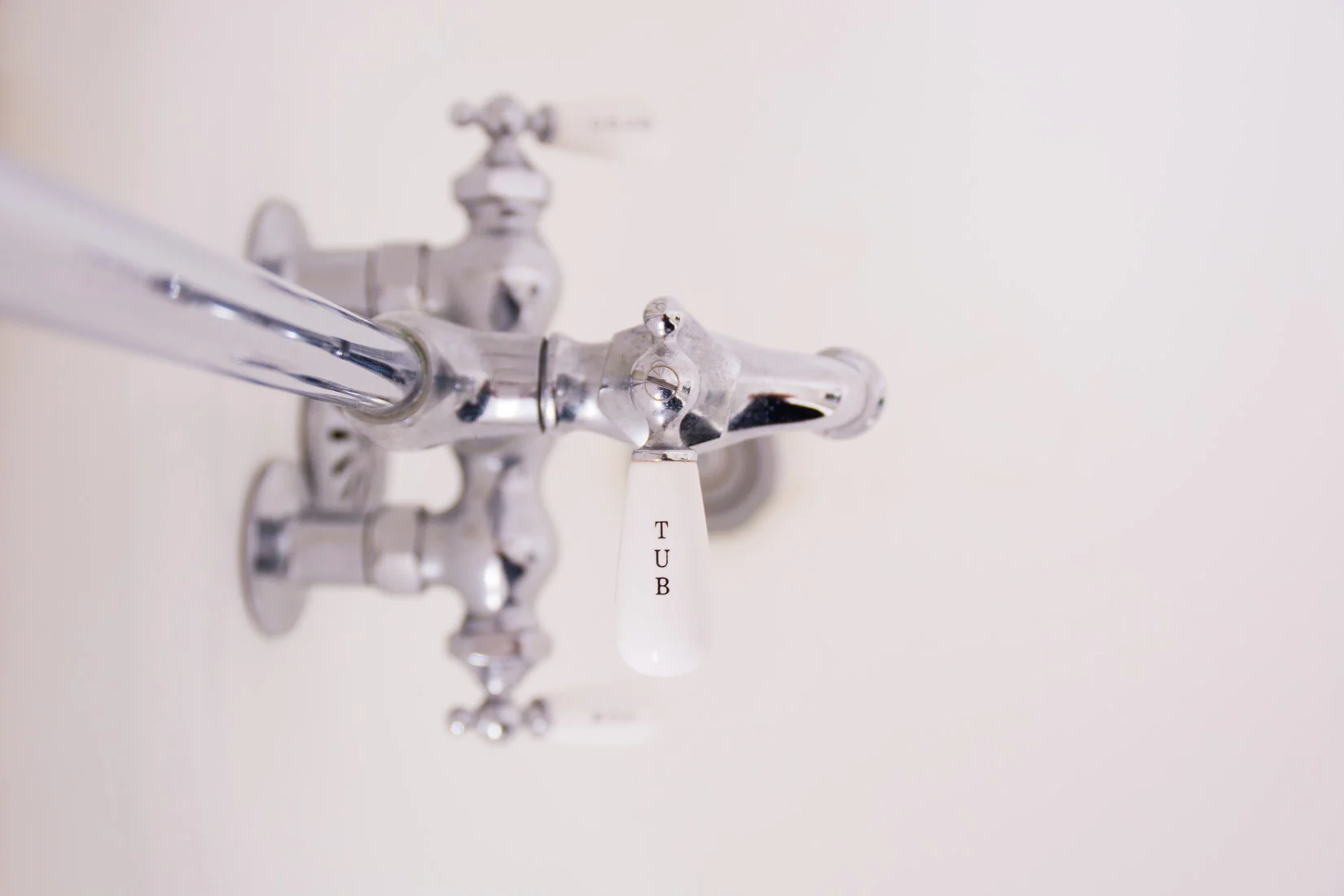Here's Why It's Time For Our Society To Stop Praising Workaholics
I was brought up with two very hard-working parents, and subsequently, was instilled with the same work ethic that they had. This work ethic could be found in everything I did long before my first job, from finishing homework as soon as it was set to completing extra credit, and writing not one, but three, dissertations for my degree before I was happy with my work quality. Whilst a large chunk of this is also down to the crippling perfectionism that I’ve struggled to fight my entire life, another part of it was down to thinking that the harder or longer that I worked, the better it would be. This wasn’t something I did because of my parents’ influence; if anything, it was a response to their influence in an attempt to show how hard I was willing to work to personally provide myself with a good start in life, not to mention to make them unbelievably proud.
It wasn’t just what I’d been taught by my family of grafters, though. It’s what I’d been taught by a society that encourages working hard. And when I say working hard, I don’t just mean working hard during your shift hours, but working hard in over-time and beyond, and making yourself as available and as productive as humanly possible. Ultimately, we live in a world where being a workaholic proves your worth professionally, and the concept of a work-life balance is a myth.
My first job wasn’t probably the best start in terms of teaching yourself your professional boundaries because, well, there were little to none of them. The hours that I was contracted to do was merely a guideline, and there was no such thing as an Out Of Office auto-reply on your email. I worked hours that astonished my family, and as a result, I never saw anybody other than colleagues and the same rotation of Sainsbury’s staff where I’d grab food as and when I could. On the outside looking in, I was a boss. I’d nailed a first job with a prestigious company with an even more prestigious boss, and with the events, fashion shows, photo shoots, celebrities, and occasional perks, it looked incredible to basically everybody. For a fair time, it even looked incredible to me, and I convinced myself that working so hard and so long that I didn’t even have time to eat was worth it, because every now and then, I’d get a bag of expensive beauty products, or a £1300 jumper (yes, the price point is sickening) thrown my way. The reality? I couldn’t have a four-day holiday without being expected to respond to emails, even despite the eight-hour time difference. I had approximately one weekend free every couple of months, and they were generally spent with no plans, just in case I was called to work, or huddled up at home, unable to sleep, having panic attacks over the thought of having to go back to work the next day. And yet, I was praised for it. I was praised because clearly, by working double – if not more – my contracted hours, I was dedicated to my job and I was ‘gonna go far’.
When it came to my next job, which I went to after having to take a break from work completely due to ill health and general exhaustion, it was clear that I’d learnt absolutely nothing. My workload intensified, my (unpaid, always unpaid) over-time became ‘all-the-time’, and I continued to work myself into exhaustion, purely from the belief that was put onto me by people in those circles who told me that if I didn’t, I clearly wasn’t up to the job and would be replaced instantly. I broke my elbow one early morning in the office, yet didn’t receive medical attention until nearly 12 hours later, when enough work had been done for it to be deemed acceptable to get an x-ray. Instead of going home and resting after my hospital trip, I had to head back to the office and work another five hours. After months and months of keeping up this hard-working bullshit, I was signed off for a suspected pulmonary embolism and lung failure, and had to hand in my resignation. This time round, I realised that something needed to change, and that I would probably end up killing myself the next time round if I continued working in that way. And instead of feeling enlightened or liberated by the idea, I felt guilty.
You see, workaholicism (if it’s not a word, I’m making it one) is praised incessantly in our culture. If you work all the hours that God sends, you’re committed to your role, and you’re going to find success. We’re taught that that’s how employers value us, not for what we bring to the table, but how much we can bring to the table and in what amount of time. Maybe that would be challenged if all employers encouraged healthier work practices — or at least employ a few more people to help lighten the workload. Allowing flexible hours, working from home options, holidays that aren’t taken up by replying to an array of emails; these are the kinds of things that need to be implemented into the general work culture in order to help us thrive professionally, rather than working until you can’t keep your eyes open any longer. Even beyond that, it’s a social thing. The encouragement of being a ‘girl boss’, or being ‘forever on the grind’ encapsulates this hustle culture that we see as a powerful thing, because it belittles those who, essentially, don’t appear to be doing as much. Working hard and making movements is great, but at what expense? We were put on this earth to make more of our lives than to just work and then die, yet so many of us are following these kinds of patterns. We need to kick this workaholic ideology to the side, because if we don’t, it’ll only get worse.
And whilst I find myself guilty, still to this day, if I take time off or don’t do enough, I have finally come to the conclusion that being a workaholic is far from a positive thing. Having a strong work ethic is one thing, but forsaking your health, mental and physical, your social circles, your memories, and more, just because you’re told that that’s what makes a good employee is nothing less than dangerous.
Looking back, it’s a lesson learned, and it’s certainly a sacrifice I’d rather not make again.








